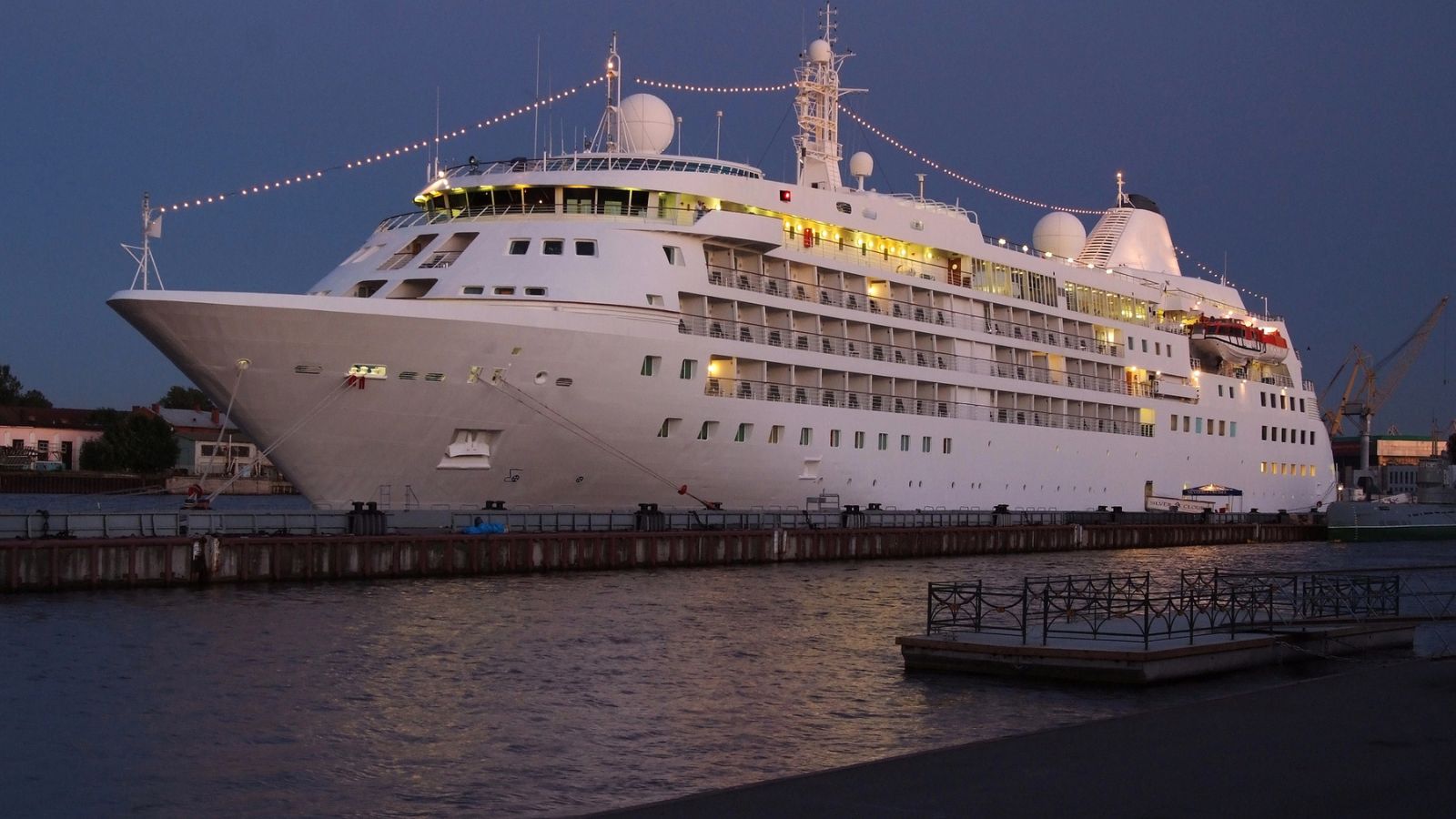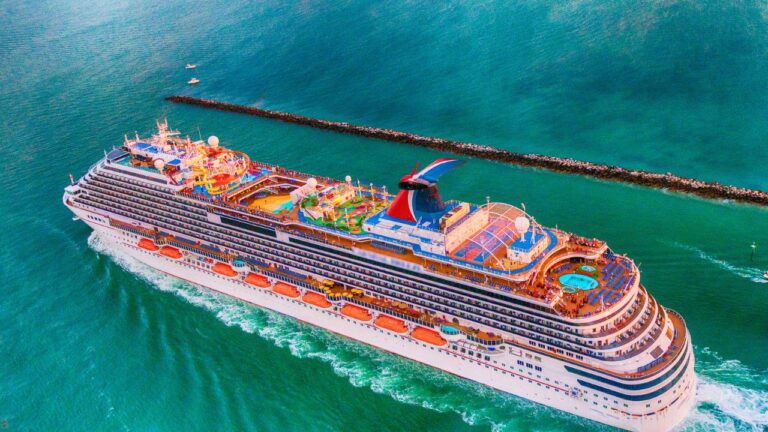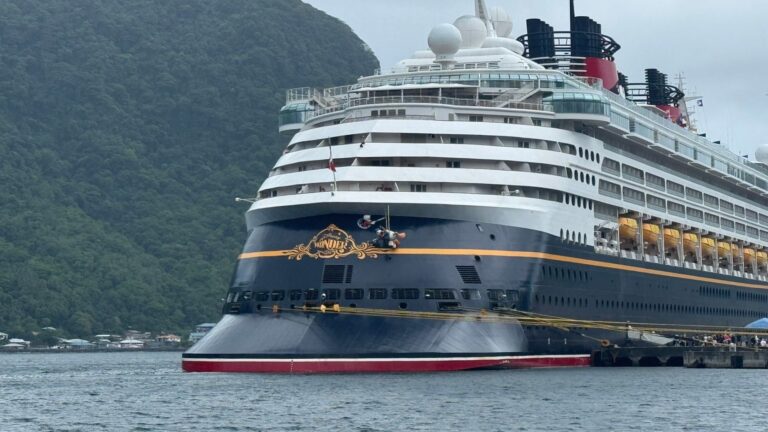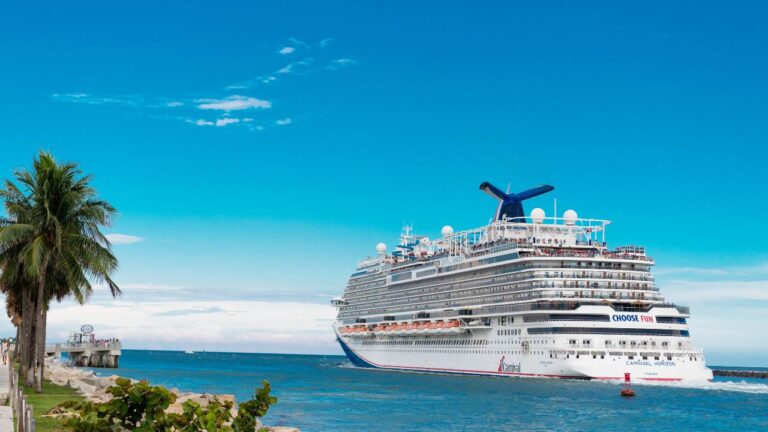Do Cruise Ships Have Morgues? What You Need to Know as a Cruiser
This post may contain affiliate links, which earn me a small commission at no extra cost to you. As an Amazon Associate, I may earn from qualifying purchases. See full disclosure here.
As a cruise specialist and frequent cruiser, I often get asked questions that many people might not think about when planning their dream vacation. One such question is, “Do cruise ships have morgues?”
The answer is yes, cruise ships do have morgues, and while it’s not a topic that comes up often, it’s an important one to understand, especially for those who spend a lot of time at sea.
Why Do Cruise Ships Have Morgues?
With over 30 million people taking cruises each year, it’s not surprising that cruise lines are prepared for a wide range of situations, including the unfortunate event of a passenger passing away. Although it’s rare, deaths on cruise ships do happen.
On average, around 200 people die on cruise ships each year. The most common causes are natural, such as heart attacks, strokes, or other age-related conditions, given that many cruise passengers are older adults.
Where is the Morgue Located?
The morgue on a cruise ship is typically located on one of the lower decks, away from passenger areas. It’s a small, refrigerated space designed to store bodies until the ship can reach a port where the deceased can be properly transported to a funeral home or other facilities chosen by the family. The location is discreet, and most passengers will never even be aware of its existence during their trip.
What Happens If Someone Dies on a Cruise?
If someone dies on a cruise, the ship’s medical team will first confirm the death and determine the cause. The body is then carefully transported to the morgue, where it will remain until the ship reaches a port. The cruise line will coordinate with local authorities and the deceased’s family to ensure that all necessary arrangements are made.
The process is handled with the utmost respect and sensitivity. The ship’s staff will often offer support to the family, helping them navigate the logistical and emotional challenges that come with losing a loved one at sea. Depending on the circumstances, the family may choose to disembark with the body at the next port, or arrangements might be made for the body to be transported back to their home country.
Preparing for the Unexpected
While no one likes to think about the possibility of a death occurring during a cruise, it’s comforting to know that cruise lines are prepared for such events. Their procedures are designed to handle these situations with dignity and respect, ensuring that the deceased and their family are treated with care.
As a seasoned cruise specialist, I always recommend that travelers, especially those with health concerns or older passengers, consider travel insurance that covers medical emergencies and evacuation. While the chances of something happening are slim, being prepared can provide peace of mind.
Cruising is a wonderful way to see the world, offering relaxation, adventure, and the opportunity to explore new places.
While it’s important to be aware of all aspects of cruising, including the presence of morgues on ships, remember that cruise lines are equipped to handle any situation with professionalism and care.







